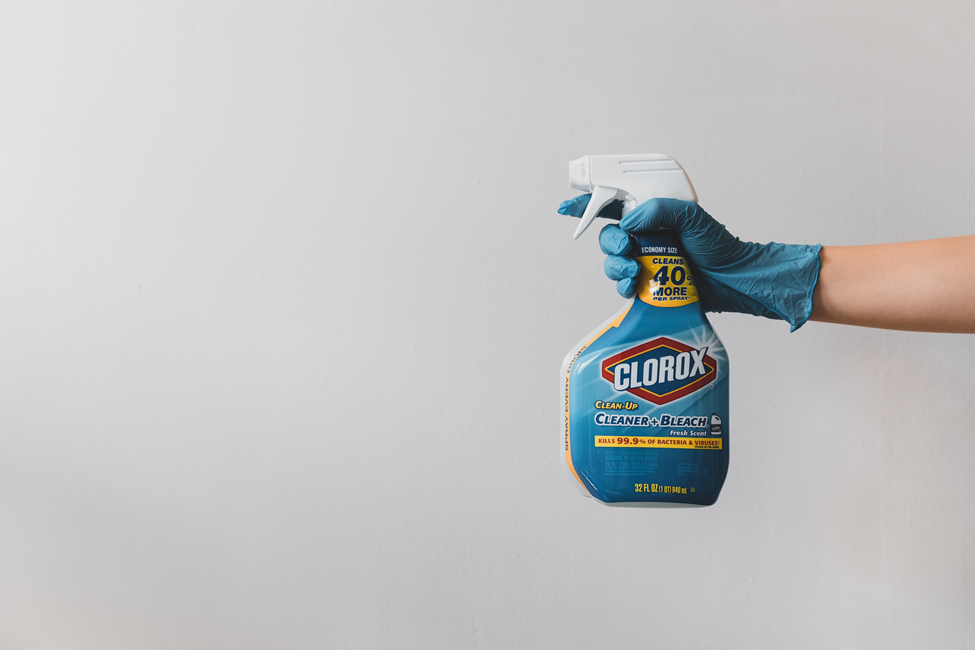The US Food and Drug Administration (FDA) recently announced the launch of a pilot program to assess whether services provided by third-party food safety auditors align with the requirements set out by the Food Safety Modernization Act (FSMA). The requirements come from two specific FSMA regulations: the Preventive Controls for Human Food (PC Human Food) and Produce Safety.
The program follows a goal from the FDA’s New Era of Smarter Food Blueprint. Published back in July, the blueprint sought to explore how third-party audits could reliably ensure food safety. As the second wave of COVID-19 is already underway in the US, the launch comes at a time when many consider food safety to be even more important than ever.
Food and beverage companies employ third-party contractors for a variety of safety-related tasks. For example, importers may hire a third-party food safety service to ensure exporters are complying with FSMA rules. And under three FSMA regulations, suppliers may also use third-party audits to verify their activities.
As more and more companies are turning to third-party services, the FDA hopes the program will help the industry determine whether external safety measures align with FDA regulations and instill confidence that supplier audits follow the agency’s food safety requirements.
Related: Is the FDA Doing Enough to Regulate Added Chemicals in Foods?
Earlier this week, the FDA published a notice to the Federal Register inviting requests for participation from owners of third-party food safety services and other members of the public interested in participating in the voluntary program. As part of the yearlong pilot, the FDA will select and evaluate up to five private third-party standards on their alignment with Preventive Controls and Product Safety rules.
Participants will be selected based on three considerations set out by the FDA:
- “The order in which the requests for participation are received”
- “The desired diversity of third-party human food safety standards for assessment in the pilot”
- “The agency’s determination of available resources to conduct the assessment given the level of effort and other priorities”
Although participation is encouraged by anyone willing to volunteer, the FDA is especially interested in owners of third-party food safety standards and the types of standards they have developed. Applications to participate are due by November 25 to allow for adequate time for the agency to complete assessments.
Earlier this month, the FDA enhanced a partnership with its Mexican counterparts, the Federal Commission for the Protection from Sanitary Risks and the National Service of Agro-Alimentary Health, Safety and Quality to improve food safety in both countries. The partnership will ensure all agencies involved work closely together on food inspections, outbreak responses and other plans to enhance food safety.
Amid Salmonella and E. coli outbreaks contaminating onions, peaches and other household foods, the FDA also released food safety tips to help reduce consumers’ risk of developing a foodborne illness. The tips include avoiding the consumption of raw flour, keeping raw foods separate and maintaining a clean environment from meal prep to clean up.









Join or login to leave a comment
JOIN LOGIN